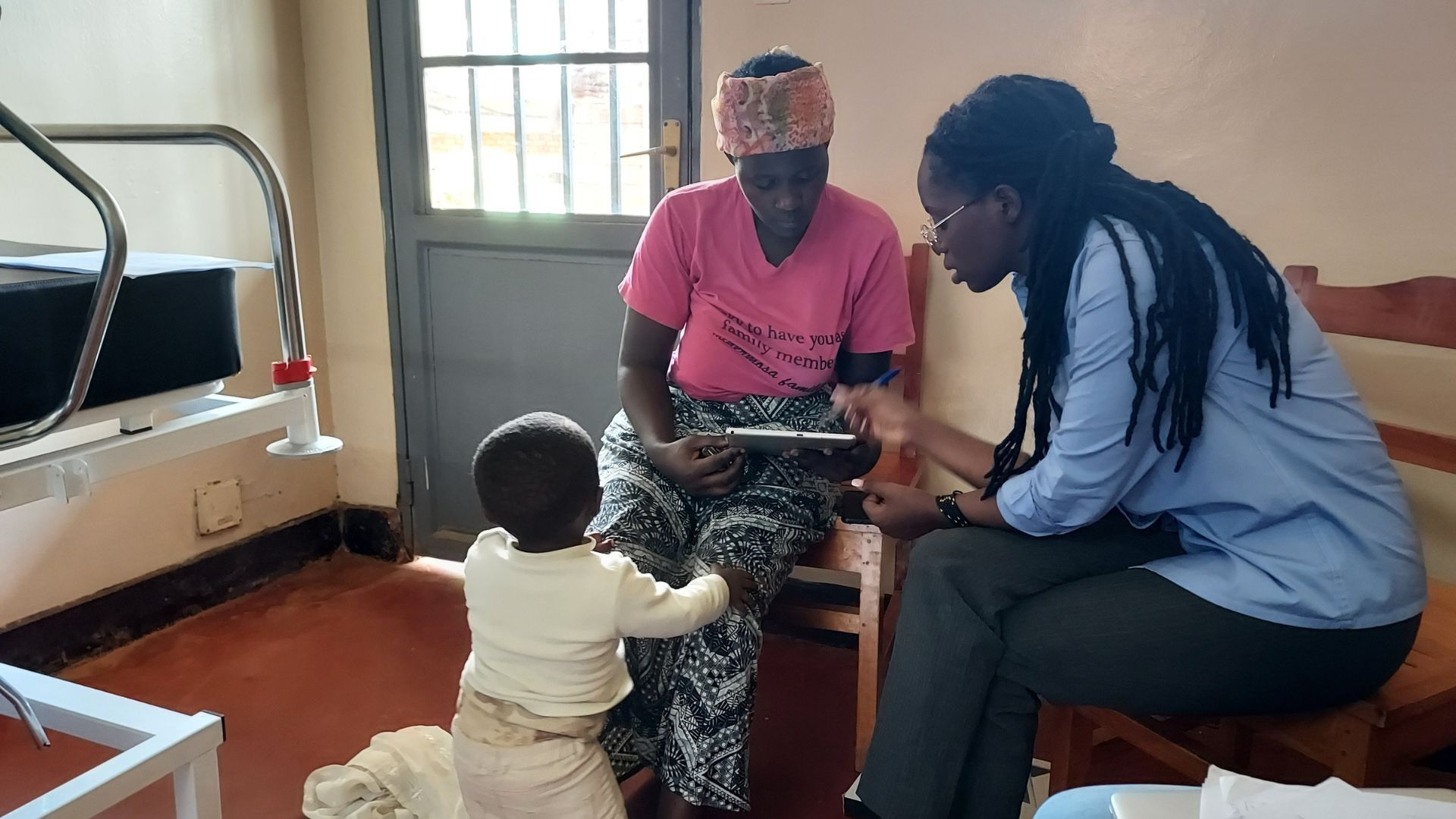Multicultural and International research collaboration is crucial for advancing knowledge, promoting scientific progress and addressing global challenges.
article
Fostering multicultural and international research partnerships

From an African perspective, international research collaboration and African-led capacity building initiatives are needed to address the challenges caused by the burden of globally significant diseases that Africa bears. However, the continent is behind in knowledge production to address some of its challenges because of historical imbalances in global research. For example, there is an under-representation of researchers from the global south in development research. Researchers based in the global north often lead most development research focusing on countries or regions from the global south. The voices of researchers and practitioners from low-resource settings need to be heard. There should be more opportunities for local researchers to gain new skills and expertise, access funding and resources and publish in high-impact forums. This will aid in promoting greater equity and inclusiveness in research.
Multinational research collaboration can facilitate novel scientific projects. Projects that help bridge the gap between innovations, in and primarily for developed countries, and the local needs in developing countries by providing opportunities for testing and tailoring solutions to local-level requirements. In scientific health research, such as the DIRECT project, global south partners’ involvement is crucial for the sustainability of the project. Local partners understand the local context and are best placed to identify the most relevant problems, as decisions about health care should be guided by optimal, current and valid research evidence. Instead of trying to fit products, services and research from high-income contexts into more challenging low-resource environments with little practical understanding of day-to-day realities and contexts in which such technologies are to be used.
Both researchers from developed and developing countries can learn from each other as they bring different perspectives and experiences, which can lead to new insights and unique approaches to solving problems. Mutual strategic cooperation between institutes from the global north and south also provides an opportunity to utilise distinct skill sets, technical expertise and knowledge transfer to solve local health challenges and develop more effective solutions to other global problems.
Interdisciplinary international cooperation promotes broader interaction of research in society and the sharing of knowledge and best practices across borders. Thus, promoting wider access to information by making research-based knowledge more readily available to the public and among stakeholders. This helps to bridge gaps in knowledge and understanding between regions and supports improved application of evidence-based research in society.
Overall, internationally focused research and development projects such as DIRECT are critical for advancing knowledge, building capacity and addressing global health challenges. These projects can create more equitable, sustainable and innovative digital rehabilitation/health care services in low-resource environments. This leads to better research outcomes, improved access to health care and, ultimately, better health outcomes. Open communication, information exchange, and collaboration are essential for success.
